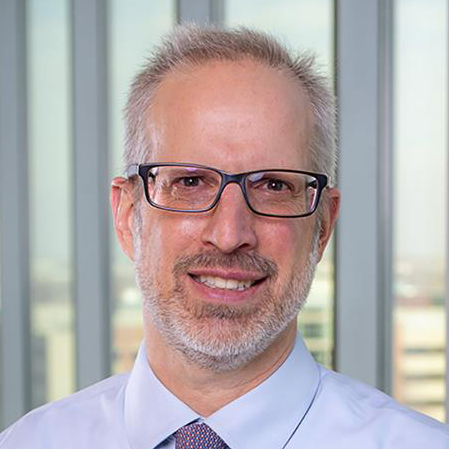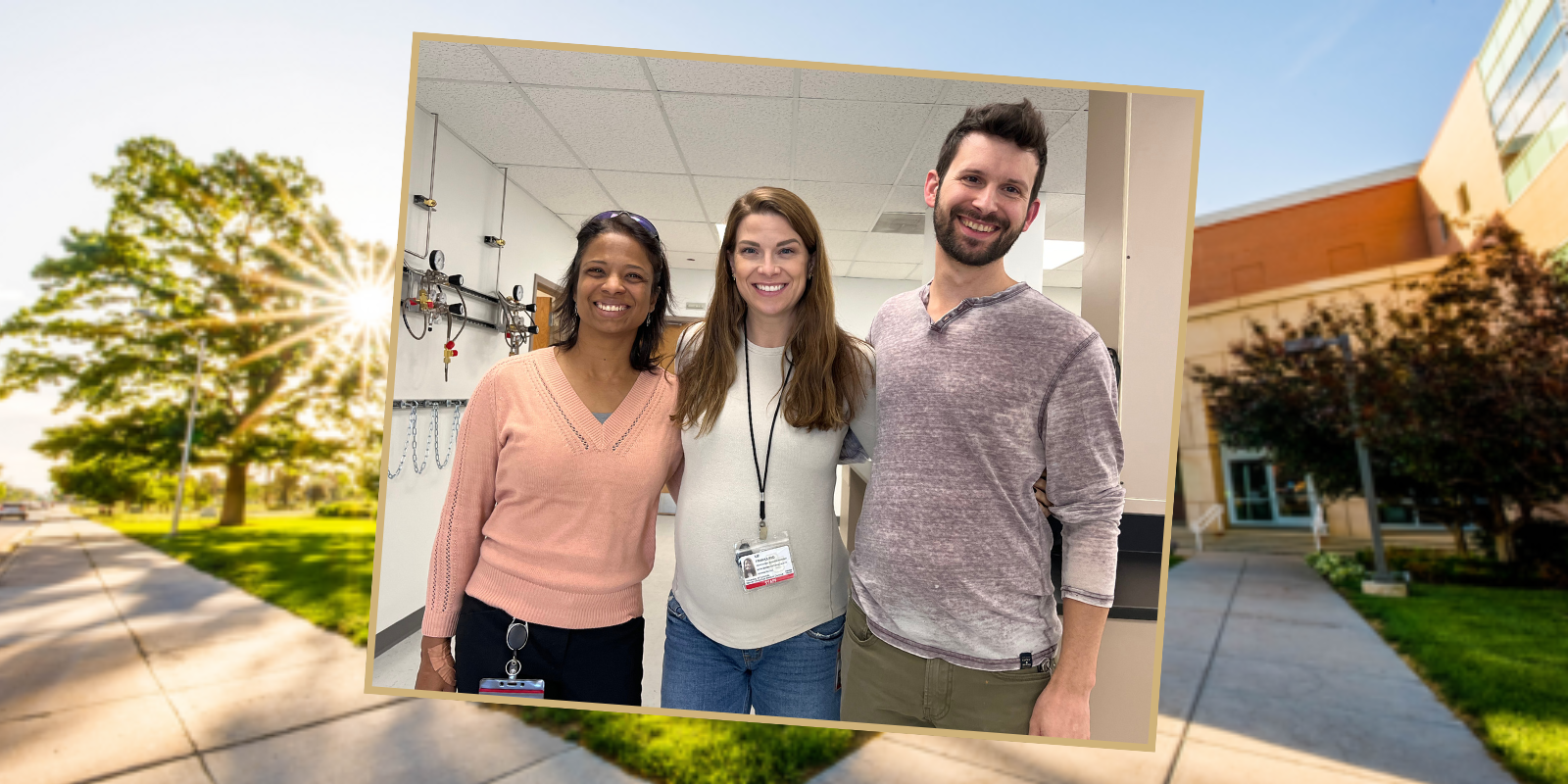How did your career path lead you to CAR research?
As a nephrologist, my research has focused on inflammatory kidney diseases for more than 20 years. While researching causes of kidney disease, however, several findings have piqued my interest in cancer biology. First, several years ago a publication reported the surprising result that the same inflammatory pathways that can damage the kidney also promote cancer growth. This was an unexpected finding, but our subsequent work and that of other researchers confirmed it. Given these results, we realized that many of the tools that we were already using to study kidney disease could also be applied to the study of cancer.
In patients with autoimmune kidney disease, we routinely perform kidney biopsies and stain the biopsy tissue for immune proteins and cells. As we started exploring the role of the immune system in cancer growth, we observed many of the same immune markers in cancer biopsies. When developing new therapies for inflammatory kidney disease, we typically think of ways to block the immune response. For cancer therapies, the goal is the opposite – we are trying to find ways to enhance the immune response to the tumor. This goal led us to the idea of CAR T cells that target immune markers within the tumor, as a potent way to amplify the immune response against the cancer.
What led you to study the complement system?
The complement system, which is a cascade of plasma proteins, is involved in many different kidney diseases, and most nephrologists measure complement proteins as part of their routine analysis of patients with autoimmune disease. Kidney biopsies are also routinely stained for complement proteins, so the role of the complement system in disease is well established. Nevertheless, the past 15 or 20 years have seen major advances in our understanding of complement in disease, and several new drugs that target the complement cascade have entered the clinic. These drugs have many beneficial effects that are not achieved with our standard immunosuppressive medications, so they are an important new addition to the available treatments. For this reason, I've been very excited about the role of complement inhibitors in nephrology. As we have also learned about the role of this same immune system in tumor growth, it has become clear that the drugs to manipulate complement activation may also provide a novel means of slowing cancer growth.
As a clinician, what made you interested in research?
Most medical treatments are based on biomedical research, and it is always interesting as a clinician to understand the history of the treatment - how it was conceived, how it was studied, and what is the evidence of its efficacy. Of course, there are still many areas where there are important gaps in our knowledge. This is particularly true in both autoimmune diseases and in cancer. These can be lifelong diseases where a patient and their physician have to continually weigh the risks and benefits of further treatment and discuss side effects. It is only natural, then, that every patient visit raises new questions. It is a real privilege to then be able to take those questions back to the lab.
What do you think is the next big thing in your field?
This is a period of incredible progress in both nephrology and oncology. In nephrology, there are now a large number of clinical trials testing new biologic agents for patients with autoimmune disease. Suddenly, nephrologists have many new drugs that are both more effective and better tolerated than the old drugs. Oncology has also clearly undergone a revolution in recent years by the introduction of immune checkpoint inhibitors and CAR T cells.
Given these advances in therapies, I think the next big thing in both fields will be the development of better diagnostic tools. Improved diagnostics will allow us to better match each patient with the most effective and best tolerated treatment.
Your Grubstake project has been “adopted” by a group of philanthropists. What has philanthropy meant for your research?
The support for biomedical research in this country is amazing. Organizations like National Institutes of Health and the Department of Defense provide incredible resources for researchers. But it is sort of a truism that you already need to have some results in hand to get your research funded. This is where philanthropy and awards like the Grubstake can be invaluable. It gives a researcher the opportunity to test out a high-risk/ high-reward concept. It really is the first, most important step on the journey.



-2.png)

%20for%20children%20and%20young%20adults%20with%20relapsed%20or%20refractory%20solid%20tumors.%E2%80%9D%20(1)-1.png)